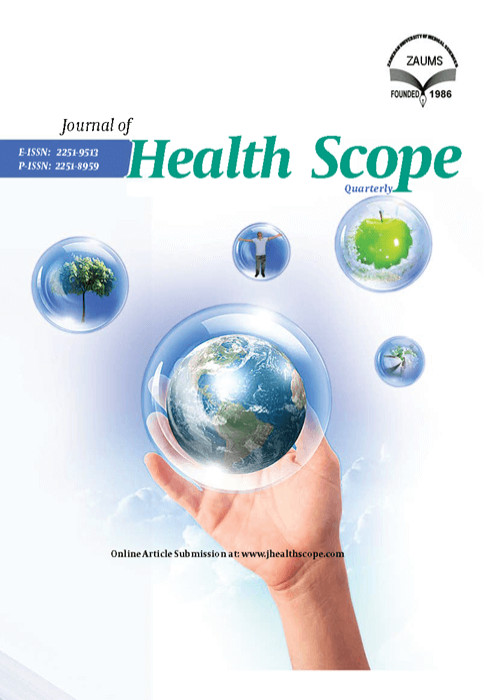Relationship Between Early Maladaptive Schemas, COVID-19 Anxiety, and Death Anxiety During COVID-19 Pandemic
The COVID-19 pandemic led to significant concerns and public panic. Due to the ambiguous and deadly nature of this virus, it triggers anxiety related to COVID-19 and a fear of death. On the other hand, early maladaptive schemas (EMSs) can impact anxiety.
The current research aimed to determine the relationship between EMSs, COVID-19 anxiety, and death anxiety during the COVID-19 pandemic among Zahedan University of Medical Sciences (ZAUMS) students in Iran.
The present descriptive-analytical cross-sectional study was conducted on 120 ZAUMS students selected through a purposive and convenience sampling technique from May 2022 to December 2022. The data were collected using the COVID-19 Anxiety Scale, the short version of the Young Schema Questionnaire (YSQ), and the Templer Death Anxiety Scale (DAS). The data were analyzed in SPSS 22 using various statistical methods, including frequency analysis, mean calculation, standard deviation calculation, descriptive indices, and multiple regression analysis.
The disconnection and rejection schema predicted COVID-19 anxiety without a moderator or with a history of contact with a COVID-19 patient as a moderator (B = 0.10, t = 2.69, P < 0.05, R2 = 0.09). Impaired autonomy and performance could predict death anxiety with the moderating role of a history of contact with a COVID-19 patient (B = 0.31 t = 2.14, P < 0.05), history of contracting COVID-19 (B = 0.24; t = 2.12, P < 0.05), discipline, and study period or without any moderator. Over-vigilance could predict death anxiety with the moderating role of discipline or without a moderator (B = 0.41, t = 2.93, P < 0.05).
Disconnection and rejection with or without a moderator predict COVID-19 anxiety. Over-vigilance, impaired autonomy, and performance schema domain predict death anxiety. Effective moderators in predicting variables are contact with a COVID-19 patient, history of contracting COVID-19, discipline, and study period.
Coronavirus , Death , COVID-19 , Pandemics , Anxiety
- حق عضویت دریافتی صرف حمایت از نشریات عضو و نگهداری، تکمیل و توسعه مگیران میشود.
- پرداخت حق اشتراک و دانلود مقالات اجازه بازنشر آن در سایر رسانههای چاپی و دیجیتال را به کاربر نمیدهد.


